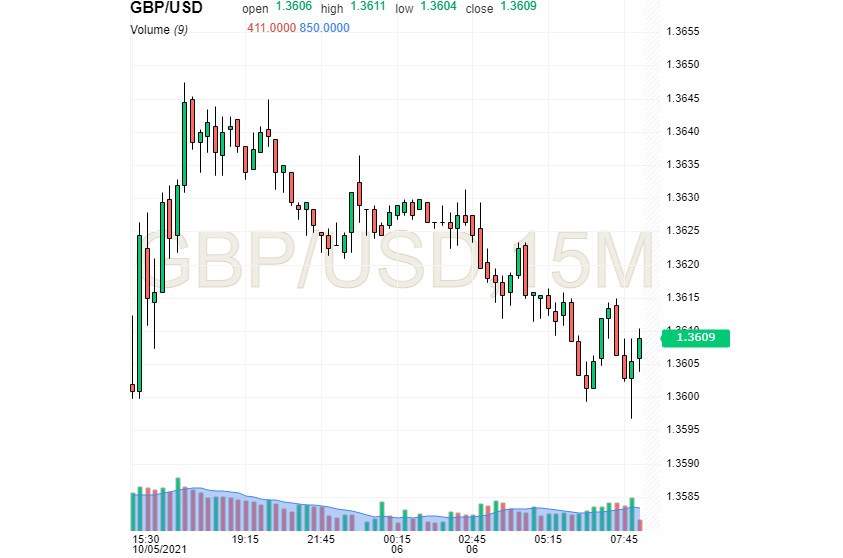Americký výrobce elektromobilů Tesla čelí podle švédského svazu elektrikářů obvinění, že ve Švédsku prováděl elektroinstalační práce bez požadované registrace. Odborový svaz věc oznámil policii, což přispělo k již tak napjatým vztahům mezi společností Tesla a odbory v zemi. Automobilka se ve Švédsku potýká s pokračujícími stávkovými pochody a její mechanici stávkují od konce října. Společnost Tesla se k obviněním zatím nevyjádřila. Švédský svaz elektrikářů uvedl, že důkazy naznačují, že Tesla prováděla elektroinstalace na jedné ze svých nabíjecích stanic, aniž by byla registrována u Národního úřadu pro elektrickou bezpečnost, což je porušení švédských zákonů. Svaz zdůraznil, že je třeba na takové protiprávní jednání reagovat, a zdůraznil, že nelegální elektrické instalace nelze tolerovat.
The United Kingdom, as well as several European countries, have faced a fuel shortage. Challenges caused by the insufficient amounts of natural gas (LNG) in storage facilities in Europe are posing a threat to economic growth in the region. The Kingdom has encountered another problem - the lack of a workforce, namely truck drivers. Under such circumstances, difficulties with cargo delivery have created certain logistic problems.
Above all else, a surge in inflation and a possible increase in the unemployment rate are also weighing on the UK's economic recovery. According to Andy Haldane, the former chief economist at the Bank of England, the country has entered an era of volatile inflation and low expansion. As a reminder, UK inflation rose by 3.2% in August, the largest ever increase in 10 years. The BoE expects inflation to rise to slightly above 4% this year, double its target level.
The current situation is exerting pressure on the pound sterling. This week, the sterling has been bullish trying to extend gains. On Wednesday morning, GBP/USD was trading at 1.3609. Then, the sterling left the accumulation zone and was trading in the 1.3570–1.4000 range. At the same time, bulls are trying to return to this zone but this is highly unlikely at the current price levels. Bears' main goal would be to reach the low of 1.3410.

A tense economic situation in the UK has a negative effect on the pound sterling. Supply chain disruption and rising inflation have severely hit GfK's consumer confidence in the country. The GfK consumer confidence has always been the leading indicator of household spending. At the same time, British households are now suffering from cuts to government funding and tax hikes.
The Kingdom has faced a shortage of workforce after it left the EU. Some experts say the country has experienced a double whammy of both the economic impact of Brexit and Covid-19. According to Natixis analysts, the UK economy is "overheated" due to accelerated wage growth, massive labor costs, and significant pressure on the labor market.
Among other things, the UK is suffering from a sharp rise in raw materials costs, in particular energy prices, and Brexit-related issues, such as a decrease in the number of EU citizens seeking work in the UK. As a result, the labor market has come under pressure and companies have faced serious recruitment challenges amid mass layoffs.
Nevertheless, the sterling soared to its three-week high against the euro on October 5, having recovered after a mass weekly sell-off. At the same time, the pound added 0.1% to 1.3622 versus the greenback, coming slightly above the weekly high. By now, the pound has lost its early gains and is trying not to fall into a downward spiral.
Against this backdrop, market participants suggest that the Bank of England will raise interest rates by February 2022. Meanwhile, the ECB is not planning to increase the rate any time soon. The prospect of imminent rate hikes signaled by the BoE provides support to the sterling. Experts assume that GBP will strengthen by the end of this year.

SZYBKIE LINKI